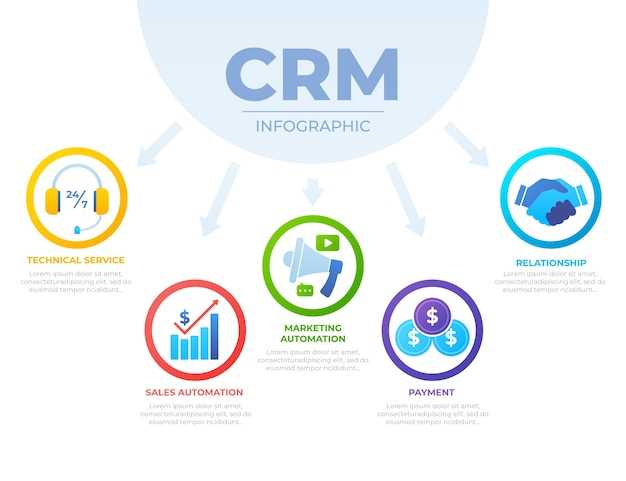
In the fast-paced and competitive realm of contemporary trade, establishing and maintaining strong relationships with patrons is crucial for sustained success and growth. The ability to effectively manage interactions and communications with clients can make all the difference in achieving organizational objectives and enhancing brand loyalty.
Client interaction control involves employing strategies and practices to better understand and cater to the needs and preferences of consumers. By collecting and analyzing data on customer behavior, businesses can tailor their products and services to meet specific demands, thus increasing satisfaction and fostering long-term relationships.
Furthermore, implementing client connection supervision techniques can lead to improved customer retention rates, higher profitability, and a positive reputation in the marketplace. It is clear that in today’s dynamic economic landscape, the ability to effectively manage client relationships is a key determinant of a company’s overall success and competitiveness.
The Importance of Building Strong Client Rapport
Establishing strong connections with your clientele is crucial for the success of any company. It goes beyond simply selling products or services – it is about creating lasting bonds that foster loyalty and trust. Building robust relationships with customers allows businesses to better understand their needs and preferences, resulting in improved satisfaction and retention rates.
Enhanced Customer Loyalty
One of the key benefits of cultivating strong customer relationships is the increased loyalty it generates. By actively engaging with clients and providing personalized experiences, businesses can create a sense of loyalty that goes beyond transactional interactions. Loyal customers are more likely to recommend a company to others and continue to support it even in the face of competition.
Improved Customer Retention
Another important aspect of building strong client relationships is the impact it has on customer retention. When customers feel valued and understood, they are more likely to continue doing business with a company over time. This can result in higher lifetime value for each customer and a steady stream of revenue for the business.
- Personalized communication
- Efficient issue resolution
- Proactive feedback collection
In conclusion, investing in building strong relationships with clients is essential for the long-term success of any business. By prioritizing customer rapport and satisfaction, companies can foster loyalty, improve retention rates, and ultimately drive growth and profitability.
Developing Trust and Loyalty with Consumers

Establishing a strong bond and building a lasting connection with customers is crucial for the success of any business in the contemporary marketplace. By fostering trust and loyalty among consumers, companies can cultivate a loyal customer base and ensure long-term sustainability. This section will delve into the strategies and techniques that businesses can employ to develop trust and loyalty with their target audience.
The Importance of Trust
Trust is a fundamental component of any successful customer relationship, serving as the foundation upon which loyalty is built. When customers have confidence in a company’s products or services, they are more likely to make repeat purchases and recommend the brand to others. Trust instills a sense of reliability and credibility, creating a strong emotional connection between the consumer and the business.
Building Customer Loyalty

Loyalty goes beyond mere satisfaction with a product or service, encompassing a deep-seated commitment and allegiance to a particular brand. Businesses can nurture customer loyalty by providing personalized experiences, rewarding loyalty, and actively engaging with customers through various channels. By investing in building trust and loyalty with consumers, companies can enhance their competitive edge and drive sustainable growth in the dynamic business environment.
Enhancing Client Satisfaction and Loyalty
In today’s competitive marketplace, it is crucial for businesses to focus on improving the level of contentment and allegiance of their clientele. By nurturing positive relationships and offering exceptional service, companies can ensure that customers are not only satisfied with their products or services but also choose to remain loyal to the brand over time.
Building trust and rapport with clients is essential for fostering long-term relationships and increasing repeat business. By implementing effective strategies to enhance customer satisfaction and retention rates, organizations can solidify their customer base and achieve sustainable growth in the market.
